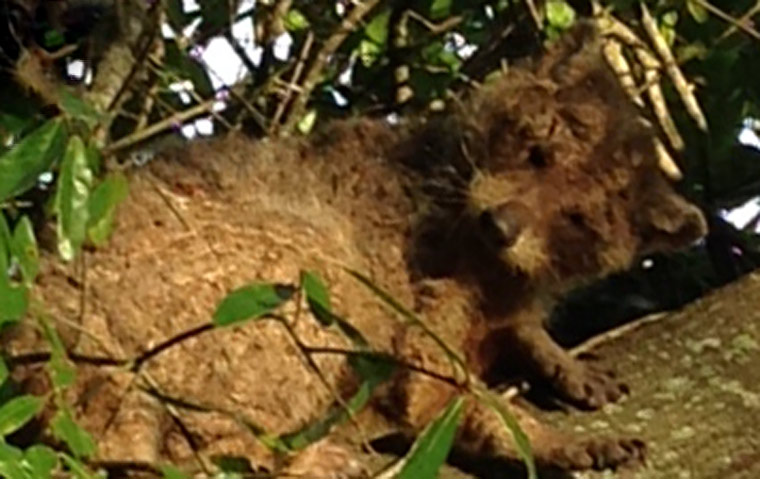-
info@aaanimalcontrol.com
Call us for help in your town
Humane Wildlife Education
Some different types of wildlife diseases
Need wildlife removal in your hometown? We service over 500 USA locations! Click here to hire us in your town and check prices - updated for year 2020.
While some wild animals can be extremely cute, that does not mean that they do not come without their health risks. No matter what kind of wild animal you are talking about, they pose huge risks to you, your family, and your pets because of the different diseases that they carry.

In fact, not only do you have to worry about being scratched or bitten by one of these animals, but you also have to fear the waste that they leave behind. Inside this waste can often be bacteria, parasites, and other pathogens that you can contract by coming in contact with the feces or urine, or breathing them in should they become airborne.
Knowing this, it may make you wonder what kind of diseases wild animals carry? Here are some that you should be aware of.
Rabies - the biggest concern of any one of these is rabies. Because this disease is always deadly if not treated right away, you should fear this more than any other thing that a wild animal can carry. Fortunately, this disease is not found in large numbers in the vast majority of wild animals, but in some, such as a raccoon, you are likely to find that 20 percent of these animals carry the disease. This is why you should still be careful no matter what kind of animal you were coming in contact with.
Trichinosis – this is another disease that is commonly found in many wild animals. You are only likely to contract this should you eat the meat of one of these animals, which is not a concern for a large percentage of the population. However, those who like to hunt, campout, or live off the land may find that they are putting themselves at risk of contracting this illness.
Learn more about raccon roundworms: Raccoon Roundworm — What Is It?
Tularemia - this is a bacterial infection which is quite commonly found in rodents, especially rabbits and hares, however it can be found in birds as well. The disease is transmitted to these animals through ticks, but it can be passed on to you in a wide variety of ways. This includes eating meat that is not properly cooked, coming in contact with their urine or feces, or breathing in the feces should it become airborne.
Leptospirosis - this is a very common disease carried by a wide variety of different wild animals. A severe infection can be debilitating but is usually not fatal, this is passed by coming in contact with food or water that has been contaminated by an animal's waste or saliva. This can lead to a wide range of different kinds of illnesses, including diarrhea, vomiting, chills, and even kidney failure.
You should be aware that this is a very small list of the different kinds of diseases that you can contract from wild animals. There are significantly large number because different species carry different things.
For more information, you may want to click on one of these guides that I wrote:
How To Guide: Who should I hire? - What questions to ask, to look for, who NOT to hire.
How To Guide: do it yourself! - Advice on saving money by doing wildlife removal yourself.
Guide: How much does wildlife removal cost? - Analysis of wildlife control prices.
Animals in the attic - read about the common species.
Noises in the attic - how to identify critters by their sounds.
Handling Raccoons: How Safe Is It?
Sick Raccoon Symptoms


















